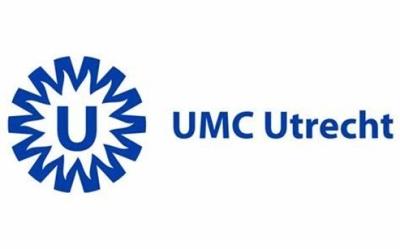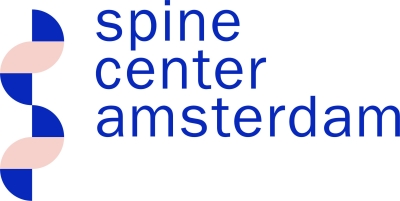A novel implant for fusion of the spine
This project will investigate efficacy of a newly developed spinal implant made that allows for bone ingrowth and better stability than current devices. The department of Orthopaedics of the UMC Utrecht is a top reference centre for spinal surgery and has strong interests in spinal research. Together with ISCA they investigate a new 3D printed spinal interbody fusion implants that is made of highly porous titanium and allows better bone ingrowth and fixation.
Back pain is worldwide in the top five causes of invalidity and the intervertebral discus is often the prime reason for pain and malfunctioning of the spine. An often-used treatment strategy is removal the intervertebral disc and replace this with an implant, a so-called interbody fusion device. A broad range of such implants have been developed during the past seventy years, but no guaranteed solution has been accomplished yet. Over 150.000 spinal interbody fusion procedures are performed annually in the US only. The Dutch Spine Surgical Registry report of 2016 (Dutch Institute for Clinical Auditing) estimated between 3000 and 4000 spinal instrumented operative procedures in the Netherlands in 2016. These numbers are considerably smaller than in the US, but with an ageing population and relative increase of back pain a steep growth in interbody fusions can be expected. Currently most spinal fusion implants are made of a polymer called PEEK as these cages are radiolucent and their stiffness is similar to the surrounding vertebral bone. However, more and more evidence shows suboptimal fusion results with PEEK cages that can result in ongoing invalidity and/or costly revision surgery.
In the current project a novel spinal implant will be tested that is made with 3D printing techniques, which allows for a highly porous titanium design and better bone fixation than the current standard.


